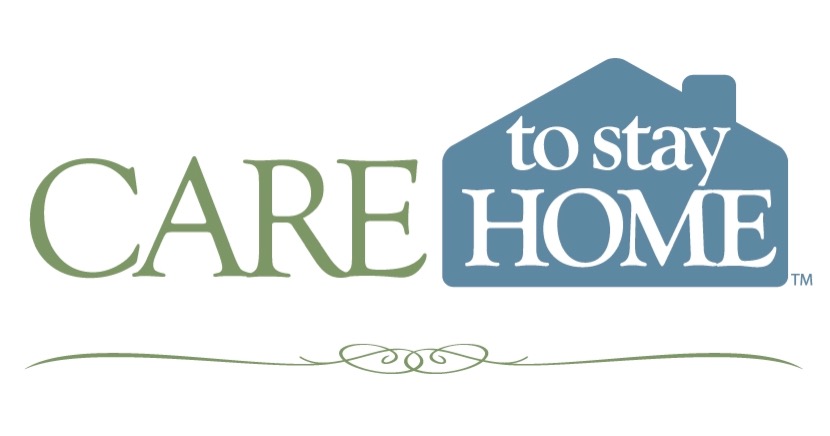
26 Jan Right to Refuse
Have you ever had a client who doesn’t like to shower? Or a client who doesn’t like to take their morning medication on a daily basis? Do you have a client who is supposed to be doing at home exercises advised by their physical therapist 3x per day and they don’t like doing their exercises? How do you handle these situations? Do you ever wonder what you should do in a situation like this that will help you and help your client?
As caregivers, we are in a unique position in a sense that we are there to provide certain levels of care for our clients in order to help them live a healthier and safer life in their homes. At the same time, we work for our clients and even if the client is not the individual paying the bill at the end of the day, they have rights just like you and me. So how do we uphold our duty to provide the best care possible while still respecting their right to refuse medical advice?
Scenario 1: The doctor’s order says the client is to walk around the block 3 times before lunch and dinner.
It is lunch time and the client asks their caregiver to make a sandwich and soup for lunch. The caregiver reminds them that the doctor has advised that they walk around the block 3 times before eating lunch. The client says they do not want to. While the soup is heating up, the caregiver can recommend for the 2nd time that they follow the doctor’s order and take a walk while the food is cooking. The client again refuses to take the walk. The caregiver should gauge the mindset of the client and determine if bringing up the topic again is going to result in the client being upset. If that is the case, do not bring it up again. If appropriate, the caregiver should bring it up for a 3rd time before giving the client their food, “I just want to check one more time, are you sure you don’t want to go for a walk before eating your lunch?” If the client refuses again, the caregiver then documents that the client refused 3 times regarding following the doctor’s order of walking around the block before lunch.
Now that you have an idea, Scenario 2: The Plan of Care states M, W, & Sa are shower days for the client. Your schedule is Monday – Wednesday 12 hour day shift.
It is Monday morning and you start your morning routine. You wake up the client and ask her if she wants to start the day off by taking a shower. She declines and states she doesn’t need a shower. You proceed with getting her up, dressed and go on with your day. Fast forward to evening and you’re assisting her with getting ready for bed. You ask if she wants to shower before going to bed and again she states she does not need a shower.
Now it’s Tuesday, you know she didn’t shower yesterday but showering isn’t on her Plan of Care. Do you ask her if she wants to shower or do you skip over it?
The client didn’t shower Tuesday and now it’s Wednesday and you ask her about showering again. The day goes along the same lines as Monday. You know that she has not showered in the last two days. What do you do now?
The client has the right to refuse any medical treatment, exercises, or personal care. These are the recommendations on interventions when clients refuse care:
- As much as possible, discover the client’s reasons for refusing care. Discuss these with the client to see if there are ways to negotiate so that the client can receive care that is in their best interest.
- Communicate with the Care Manager when negotiating attempts are unsuccessful. Ask for additional tools, assistance, and instruction on navigating repeated, refused care.
- Document your efforts to educate the client, the steps you took in recommending the treatment, and the client’s refusal of care.


